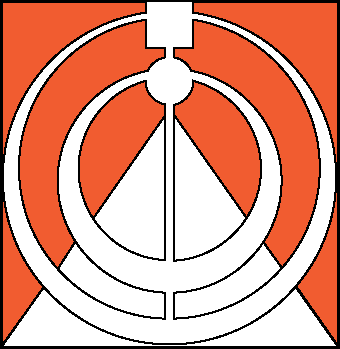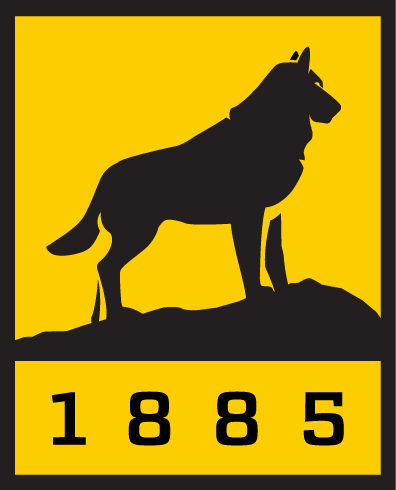Mi-STAR Off-the-Shelf Lessons
The Next Generation Science Standards (NGSS) and Michigan K-12 Science Standards (MSS) require students to use disciplinary core ideas (DCIs), science and engineering practices (SEPs) and crosscutting concepts (CCCs). Off-the-Shelf Lessons are short, “grab and go” lessons that target specific SEPs, CCCs, or DCIs and can help students to meet the demands of the new science standards.In the Classroom
When Mi-STAR teachers identify a shortfall in their students’ understanding of a concept or practice, they can grab a lesson “off the shelf” from the Mi-STAR curriculum portal and teach it at any time—before, during, or after a unit. The lessons can be used anywhere in the curriculum to develop or reinforce student understanding of an SEP, CCC, or DCI. Some lessons are designed to be taught prior to particular units. This information is provided in the lesson. |
List of Mi-STAR Off-the-Shelf Lessons
- Patterns
- Interpreting Graphs
- Claim, Evidence, Reasoning, and Argument
- Comparing Solutions Using a Decision Matrix
- Lab Safety
- Measuring Length
- Well-Defined Criteria and Constraints
- Models Lesson A - An Introduction to Communicating with Models
- Models Lesson B - Introduction to System Modeling
- An Introduction to Food Webs
- What is Matter Made Of?
- Chemical Reactions
- Earth-Sun-Moon System Lesson A - An Introduction to Phases of the Moon
- Earth-Sun-Moon System Lesson B - Solar and Lunar Eclipses: It's All About Perspective
- Asking Questions to Solve Problems
- Draw A Scientist
A Deeper Look
As curricula and assessments designed for NGSS are implemented across the country, many studentsare expected to jump right into the rigors of three-dimensional learning. Michigan’s M-STEP standardized tests are designed for NGSS and the MSS, requiring that students be able to use SEPs and CCCs together to make sense of phenomena. Yet students may not have the skills or knowledge for a number of reasons. Many cohorts will begin an NGSS curriculum in the middle of their school careers, rather than building their science knowledge and skills from kindergarten up. Students may transfer into a district in the middle of the gradeband. Or, a district may have modified a scope and sequence to suit its specific needs and might need to introduce certain practices or concepts in a different order, introducing gaps.To address these gaps quickly and help improve student performance, Mi-STAR created Off-the-Shelf lessons. Several lessons are currently available, and more are under development.



















